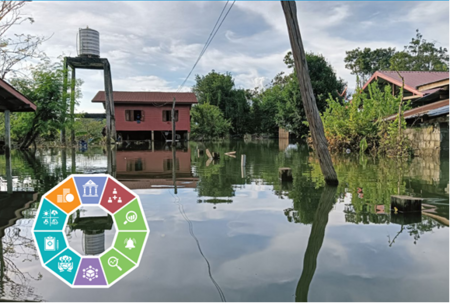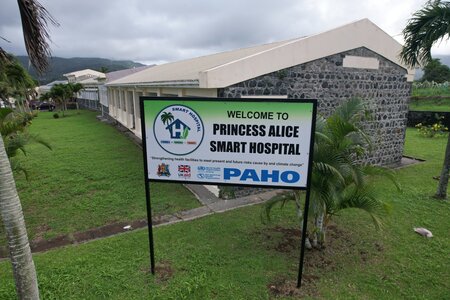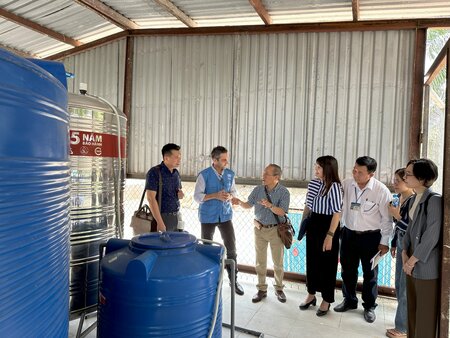This collection of case studies, developed as part of the Global Conference on Climate and Health, showcases practical actions and policy recommendations from ATACH Members aligned with the draft Belém Health Action Plan. This Plan, set to be launched at COP30, outlines a set of priorities for the health sector to advance climate resilience and equity.
The case studies presented here highlight experiences of ATACH Members in key action areas, including insights into challenges faced, solutions implemented, lessons learned and opportunities for scaling up, to support the future implementation of the Belém Health Action Plan.
Egypt: Advancing climate and health through digital resilience, leadership, and governance
In line with Egypt’s COP27 leadership, the Egyptian Healthcare Authority (EHA) launched a national sustainability drive - beginning with the first digitalization system in the public health sector. This step initiated a broader green transformation—paperless operations, water and energy efficiency, waste management, and chemical safety—leading to the Sharm El-Sheikh International Hospital becoming Egypt’s first Green Hospital.
Lao PDR: Integration of Health in NDCs
With coordination and technical support from the NDC Partnership, Lao PDR is updating its NDC 3.0 Mitigation and Adaptation Commitment which includes priority sector-specific strategies and action plans covering the 2021-2025...
A mother’s last journey: what does a death in Timor-Leste tell us about health equity and climate injustice?
Dili, Timor-Leste — The path to Gleno Health Centre winds through the green folds of Ermera’s mountains, narrow and rugged. This district, just southwest of the capital Dili and famed for its coffee and cool air, becomes a trap...
An Adaptive and Sustainable Health System for a Changing Climate in Grenada
Grenada is adapting its health system to key climate-health risks through strategic policy alignment, stakeholder engagement, capacity building, resilient infrastructure and resource mobilization.
Local implementation of the climate-resilient and environmentally sustainable health care facilities (CRESHCF) Framework in Viet Nam
Viet Nam is piloting locally-adapted interventions for climate-resilient and environmentally sustainable health care facilities, with the intention of developing national guidelines for facilities to serve their communities more safely and sustainably.
Climate Resilient Infrastructure for Basic Services (CRIBS) in Nigeria
Nigeria adopts a partnership approach to developing and scaling climate resilient and environmentally sustainable primary health care and education facilities.
Monitoring and surveillance of climate risks on health in Mozambique
Mozambique is developing climate services for health focusing on key climate-sensitive diseases identified as part of its Vulnerability and Adaptation assessment and included in its Health National Adaptation Plan.
Building Resilient Health Systems in Pakistan through Equity-Centered Adaptation
Pakistan adopts a locally-led, gender and equity-driven approach to build resilience to key climate-health risks.
Developing a climate-based tool to identify dengue and leptospirosis risks in Southeast Asia
The ECOsystem MOdification and emerging infectious diseases Risk Evaluation (ECOMORE) II project helps authorities in Cambodia, Laos, Viet Nam, Myanmar and the Philippines better prevent and respond to climate-sensitive infectious disease outbreaks.







